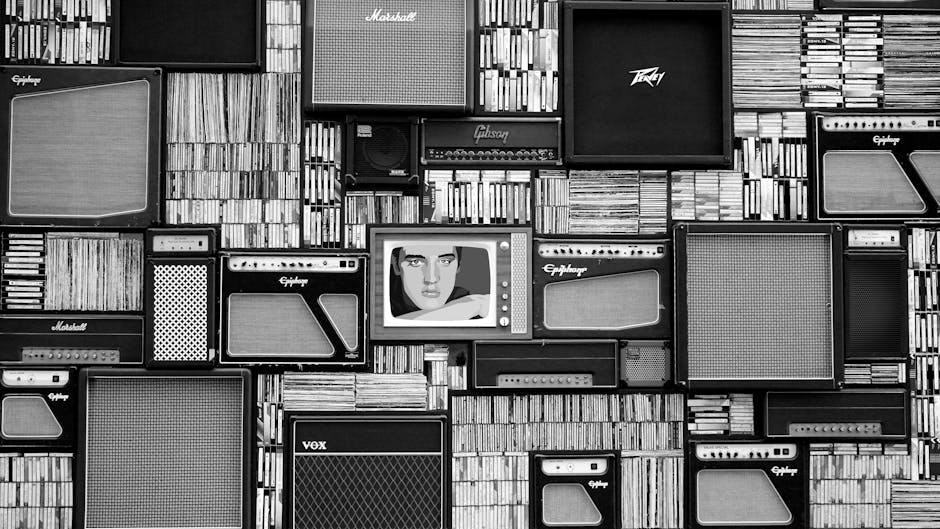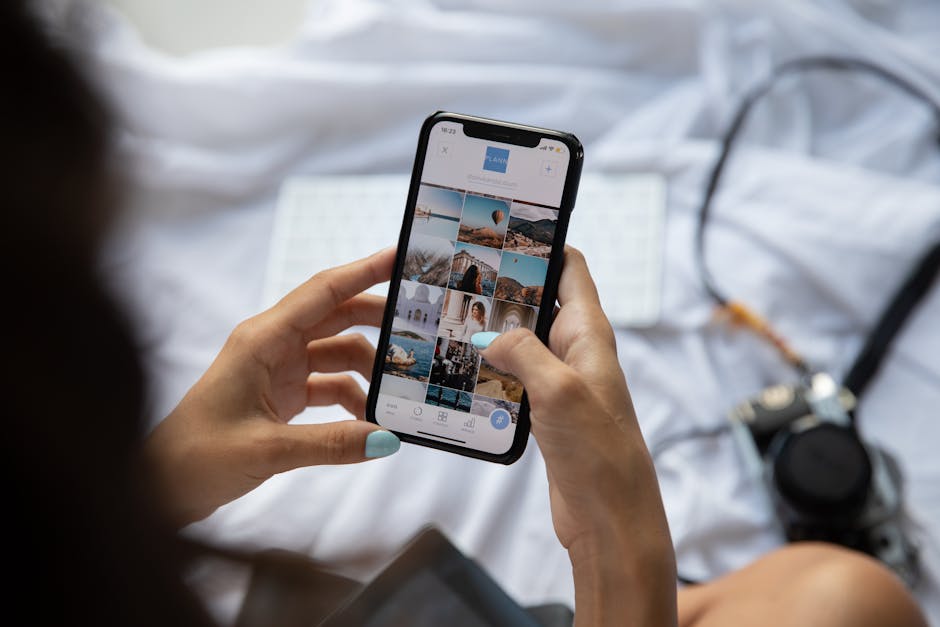The Music Industry Is All In on AI
The music industry is undergoing a seismic shift, and artificial intelligence (AI) is driving this transformation. From composing chart-topping hits to reviving legendary voices, AI has moved from futuristic concept to everyday reality. Record labels, artists, and tech giants are racing to harness AI’s potential, creating a new era where algorithms and human creativity intersect. But is this revolution a breakthrough for artists—or a threat to originality?
AI in the Studio: Composing and Producing Music
AI is no longer just for automating tasks—it’s composing full tracks. Platforms like OpenAI’s Jukebox, Google’s Magenta, and Sony’s Flow Machines can generate original music in seconds, imitating iconic artists. In 2023, an AI-generated song featuring cloned voices of Drake and The Weeknd went viral, sparking debates over copyright and ethics.
Major labels are investing heavily in AI:
– Warner Music Group partnered with Endel to create AI soundscapes.
– Universal Music Group uses AI to remaster classics and “duet” with late artists like Frank Sinatra.
– Independent musicians rely on tools like Boomy and Amper Music to produce studio-quality tracks affordably.
Virtual Artists and AI-Powered Performances
AI is also creating digital stars. Hatsune Miku, a vocal-synthesized hologram, has sold out global concerts. South Korea’s MAVE:, an AI-generated K-pop group, blurs the line between real and virtual performers.
Startups like DeepBrain AI and Synthesia are reviving deceased legends as holograms for “live” shows. While some see this as preserving legacies, critics argue it undermines authenticity.
AI in Streaming: Hyper-Personalized Playlists
Streaming platforms use AI to refine music recommendations:
– Spotify’s AI DJ mimics a radio host, tailoring commentary to your tastes.
– YouTube Music’s AI can isolate vocals or instrumentals, giving users more control.
However, critics warn of algorithmic echo chambers—will listeners ever discover new genres if AI only reinforces past preferences?
Copyright Battles and Ethical Concerns
The rise of AI has sparked legal and ethical debates:
– Who owns AI-generated music? Artists, developers, or no one?
– Grimes encourages AI music using her voice, offering royalty splits.
– Nick Cave calls AI-generated art a “grotesque mockery.”
There’s also fear that AI could replace session musicians, producers, and songwriters. If labels can generate hits with AI, will human creators become obsolete?
The Future: AI as a Collaborator
The best outcome may be collaboration, not replacement. Artists like Holly Herndon and Arca use AI as a creative partner, blending human emotion with machine precision. Tools like LANDR’s AI mastering and iZotope’s AI mixing help indie artists compete with major studios.
AI is here to stay in music—the challenge is ensuring it enhances creativity rather than replaces it.
(Word count: 600)




